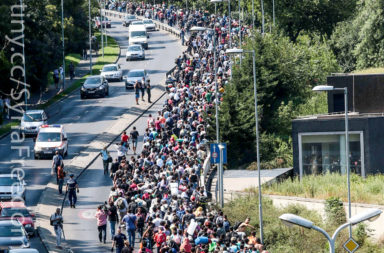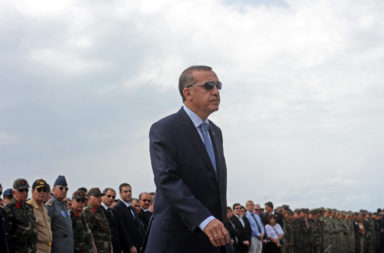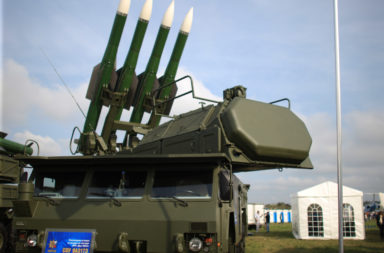After the two-day talks in Astana, Kazakhstan – Russia, Turkey and Iran officially backed the participation of rebel groups at the Syrian peace talks to be held in Geneva next month, led by the U.N.
- Turkey, Russia and Iran to enforce ceasefire, but agreement not yet signed by Syrian Government or rebel forces.
- Iran’s inclusion has angered rebel groups.
- USA did not send a representative delegation.
- First face-to-face talks between Assad’s government and rebels since the war broke out in 2011.
- N. led peace talks to be held in Geneva in February.
- The six-year war has claimed hundreds of thousands of lives and displaced millions more.
However, rebel leaders are not happy with the results of the negotiations so far, which they say promote Iran over a weakened Turkey.
Russian-led efforts come on the heels of a ceasefire agreement brokered with Turkey not long after Assad’s key win in Aleppo which has almost certainly guaranteed the Syrian dictator’s involvement in any Syrian solution.
Following the talks in Astana, the three countries acknowledged that “an urgent necessity to step up efforts to jumpstart the negotiation process” is necessary with opposition rebels.
Where do the peace talks currently stand?
The result of the intense negotiations in Khazakstan is that Russia, Iran and Turkey have promised to establish a trilateral commission to enforce and monitor the current cease-fire in Syria.
However, representatives of the Syrian government or the rebel forces have not yet signed this document.
Kazakhstan’s foreign minister, Kairat Abdrakhmanov, said that the coalition will use their “influence” to strengthen the truce, but have failed to give any details of just how this will work.
Bashar al-Ja’afari, Syria’s U.N. ambassador, who led the government delegation, has called the talks a success and said that the cease-fire had been consolidated for “a specific period of time”.
Iran’s involvement, however, has caused concern for rebel groups saying they would not negotiate with Iran, declaring it has “no say on Syria’s future”.
BREAKING: Rebels say in #Astana they will not negotiate with Iran, Tehran has no say on Syria’s future. More soon on https://t.co/hGzrK2N8WC pic.twitter.com/L8iTGsSskQ
— Al Jazeera News (@AJENews) January 24, 2017
Why are the Syrian rebel forces hesitating?
The rebels have accused Turkey of being weak in the negotiations, with one rebel leader saying, “Iran is spearheading in a number of areas military offensives and leading to forcible displacements of thousands of Syrians and causing bloodletting. This communiqué legitimizes this role.”
The ceasefire does not include Islamic State or Jabhat Fatah al-Sham, the group formerly known as the al-Nusra Front and previously linked to al Qaida. The statement has called on rebel groups to distance themselves from JFS.
Although there is some question as to whether the cease-fire is actually in place.
Day after Astana peace talks, Russian planes continue to strike IS targets in Syria https://t.co/9mdy0Pc0UT pic.twitter.com/I8zgKcYv7C
— WION Breaking News (@WIONbreaking) January 25, 2017
The Geneva talks are scheduled for February 8th, where the political future of Syria will be discussed.




